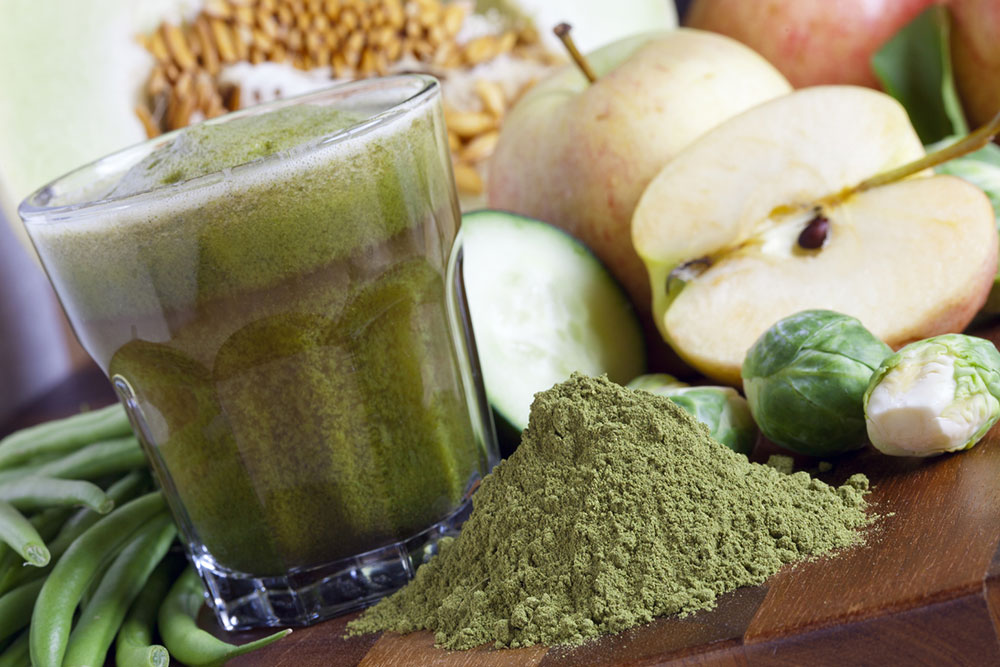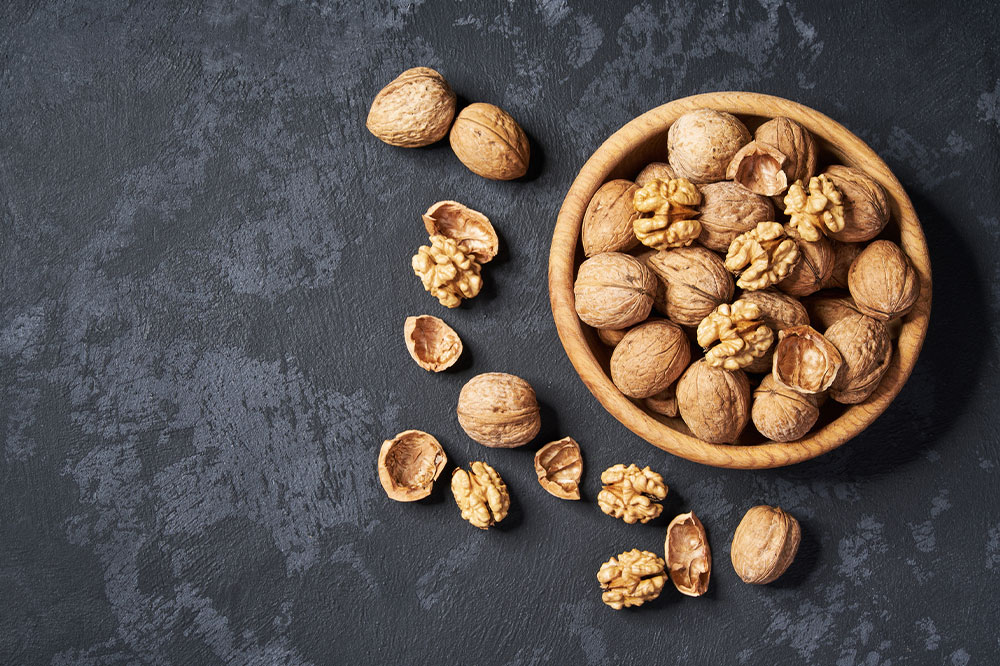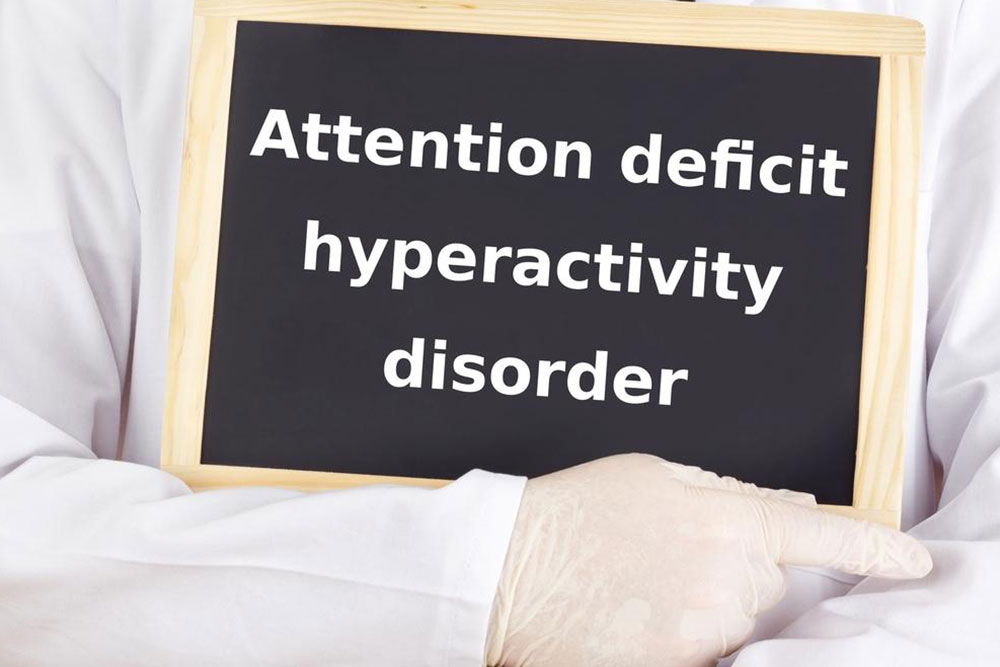Essential Dietary Tips for Managing ADHD Symptoms
This article highlights essential dietary tips for managing ADHD, including foods to limit like sugary candies, caffeinated drinks, and processed frozen produce with artificial additives. It emphasizes the importance of a healthy diet alongside medical treatments such as medications like Concerta®, Daytrana®, and Adderall® to effectively control symptoms. Readers are advised to read food labels and consult healthcare professionals for personalized care. Managing diet and medication can significantly improve quality of life for individuals with ADHD.

Key Foods to Limit or Avoid with ADHD
Attention Deficit Hyperactivity Disorder (ADHD) is a neurological condition affecting many individuals worldwide, including children and adults. Common signs include daydreaming, memory lapses, excessive talking, careless mistakes, hyperactivity, and difficulty focusing. Although medication can help manage ADHD, making certain lifestyle and dietary adjustments can enhance overall treatment. Some foods are known to aggravate symptoms, and it’s important for those with ADHD to be mindful of their diet.
Sweets and Sugary Snacks
Consuming sugary treats, especially candies and desserts, can increase hyperactivity due to their high sugar levels and artificial dyes. Cutting back on candies may decrease the severity and frequency of hyperactive episodes. Excess sugar can also affect energy stability and contribute to health issues like diabetes, so moderation is advised.
Caffeinated Beverages
Beverages containing caffeine, such as coffee, tea, and colas, can be problematic for individuals with ADHD. While caffeine may boost alertness temporarily, it can intensify hyperactivity and interfere with prescribed treatments. Limiting caffeine intake helps in better managing symptoms and overall health.
Frozen Fruits and Vegetables
While fresh produce is always healthier, frozen options often contain artificial additives like preservatives and dyes, which can worsen ADHD symptoms. Reading labels carefully and choosing fresh or minimally processed options is preferable.
Artificial additives found in many processed foods—including cereals, cookies, sodas, and fruit drinks—may disrupt hormonal balance and neurological development. To support symptom management, it’s advisable to check food labels before purchasing. In addition to dietary changes, many individuals benefit from treatment options such as medications like Concerta®, which releases medication gradually for ongoing symptom control; Daytrana®, a skin patch providing sustained release; and Adderall®, which enhances focus and reduces impulsivity. Always consult healthcare professionals for personalized advice.










